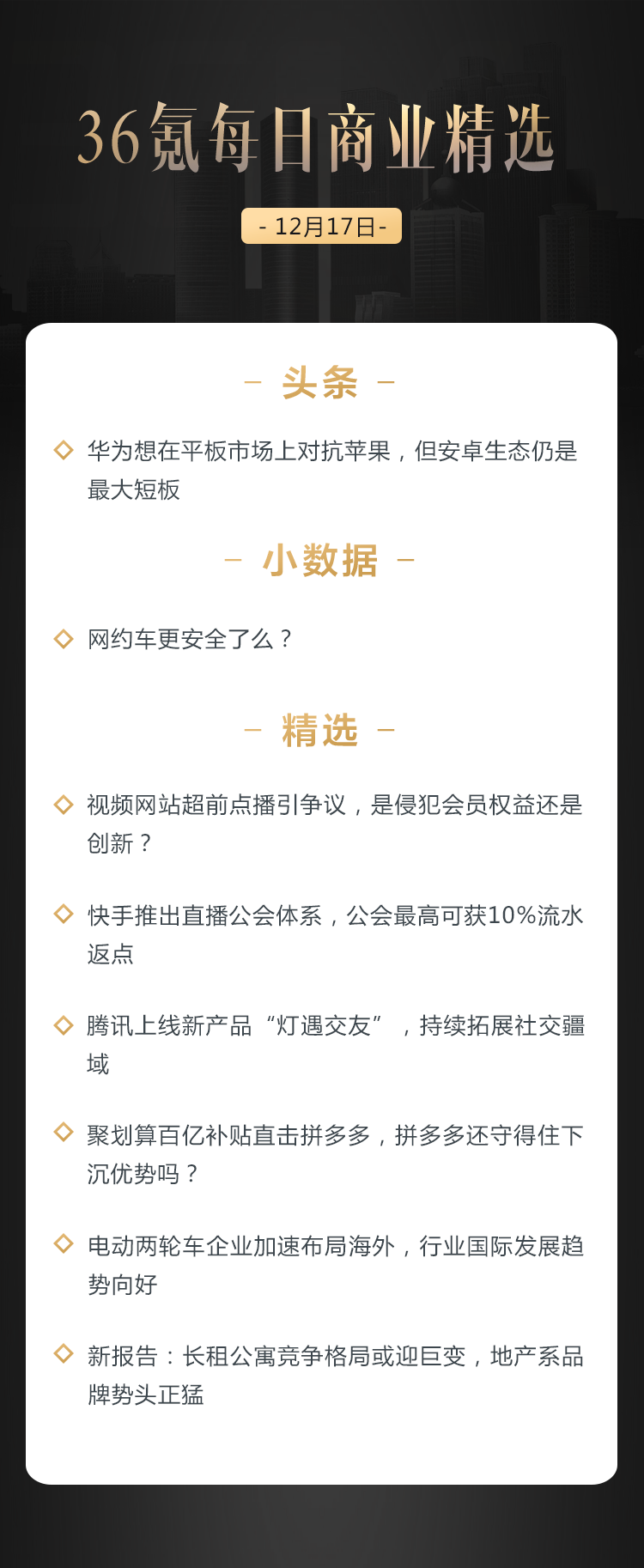IQiyi and Tencent Video recently launched a VIP on-demand service for the hit online drama “Ying Yu Nian”. Members pay an extra 50 yuan. You can watch 6 more episodes on the basis of the first 6 episodes. This service has caused controversy after it was launched . Some commented that this approach would harm user experience and infringe on consumer rights.
Text | Daily Business Picks
The video site’s advanced on-demand citing controversy is a violation of members’ rights or innovation?
Iqiyi and Tencent Video recently launched a VIP on-demand service for the hit online drama “Ying Yu Nian”. Members pay an extra 50 yuan. You can watch 6 more episodes based on the first 6 episodes. The service is online. After controversy. Some commented that this approach would harm user experience and infringe on consumer rights. On December 17, the relevant persons in charge of iQiyi and Tencent Video responded, saying that the original intention of VIP advanced on-demand is to meet the user’s more demand for content. In the future, the user’s psychology will be more considered, and the scheduling design and Inform work.
Mining user consumption is very important for video websites. Member business is replacing the advertising business and becoming a new engine for video website revenue growth. This year, iQiyi and Tencent Video paid 100 million paid members in succession, and iQiyi’s member income Q3 accounted for half of total revenue for the first time. But …
Editor’s comment: At present, domestic users’ awareness of payment is increasing, and video platforms have long faced pressure from revenues that cannot cover content costs. This time, using the explosive episodes as a test for the tiered payment of members, it has a positive incentive for the platform to invest more resources in high-quality content. But …
Huawei wants to fight Apple in the tablet market, but the Android ecosystem is still the biggest shortcoming
Huawei, with its two products, the M6 and the Honor Tablet 5, became the first Chinese tablet PC market leader in the third quarter of 2019. Today, Huawei ’s newly released MatePad Pro performs even more brilliantly, and has now become the highest-selling non-iPad tablet in the JD tablet category. Positioned as a “light office”, the MatePad Pro will challenge production tablets such as the iPad Pro and Surface, and will inject fresh blood into Huawei’s fight against Apple in the tablet market.
MatePad Pro is Huawei ’s first product after launching the MatePad brand. Integration and productivity are its two major features. In addition to the two “productivity peripherals” equipped with a stylus and keyboard, the MatePad Pro also continues the smart split screen function and computer mode of the M6. MatePad Pro also launched a new version of WPS, but it is similar to Surface’s native Windows system software and iPad OS’s professional mobile version software.In contrast, the weak Android tablet software ecosystem is still an issue that MatePad Pro cannot avoid.
In terms of software configuration, MatePad Pro has three functions: parallel vision, Huawei Share, and multi-screen collaboration. Parallel horizon effectively solves the problem of poor app adaptation in the Android tablet in the horizontal screen state, but …
Editor’s comment: In order to break through the problems of the Android system software ecosystem, Huawei chose to transform the MatePad Pro into a “big screen companion” for mobile phones. According to author Ouyang Weikang, the distance between the Android tablet ecosystem and the iPad is likely to continue to widen, but …
This article comes from the paid section “Daily Business Collection”-December 17 Day
In-depth information + editor-in-chief reviews, saving time and worry Efficient reading
[Time limit egg] Poke this subscription and save 10 yuan >>>> a>
Purchased users poke here to view the full content or listen to the full audio> < / h3>

